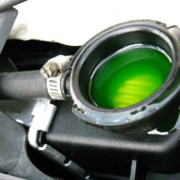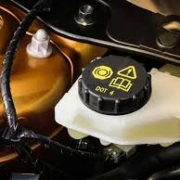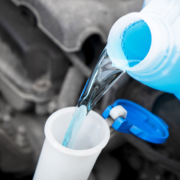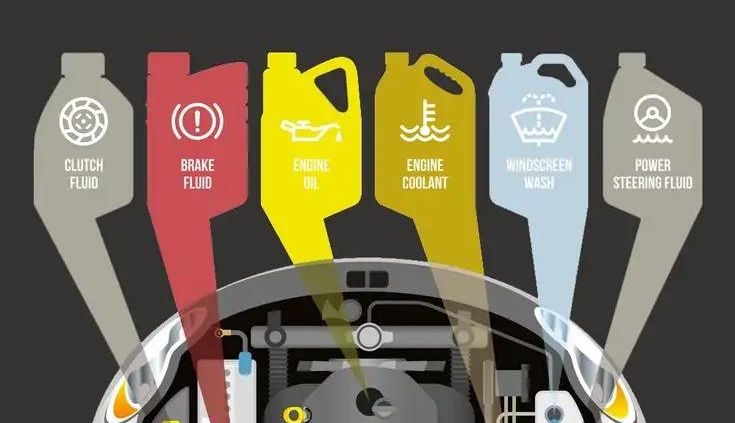Why Automotive Fluid Maintenance Is Crucial for Your Vehicle’s Health
When we think about vehicle maintenance, oil changes often come to mind first—and for good reason. But did you know your car relies on several essential fluids to function properly? Regularly checking and maintaining these fluids can mean the difference between a smooth-running engine and a costly repair bill. In this blog post, we’ll break down why automotive fluid maintenance should be a key part of your vehicle care routine.

1. Engine Oil: The Lifeblood of Your Car
Engine oil lubricates the moving parts of your engine, reduces friction, and helps keep the engine cool. Over time, oil breaks down and collects debris, which can lead to reduced performance and engine wear. Skipping regular oil changes can lead to serious engine damage—even complete failure.
Tip: Check your oil level at least once a month and follow your manufacturer’s recommended oil change interval.

2. Coolant: Preventing Overheating and Corrosion
Coolant (or antifreeze) regulates your engine’s temperature and prevents it from overheating. It also protects your radiator and other components from corrosion. Low coolant levels or old coolant can lead to overheating, especially in hot weather or during heavy use.
Tip: Inspect your coolant level regularly and flush the system according to your car’s maintenance schedule.

3. Transmission Fluid: Smooth Shifting, Long Life
Transmission fluid lubricates gears and ensures smooth shifting. Whether you drive an automatic or a manual, dirty or low transmission fluid can cause gear slipping, hard shifts, and eventual transmission failure—one of the most expensive repairs you can face.
Tip: Check the fluid regularly (if your car has a dipstick) and change it according to manufacturer recommendations.

4. Brake Fluid: Safety First
Brake fluid transfers force from your foot on the pedal to the brakes themselves. It also absorbs moisture over time, which can lead to corrosion and brake failure if neglected.

5. Power Steering Fluid: Effortless Control
This fluid makes it easier to steer your car. If it gets low or dirty, you might experience stiff steering or unusual noises when turning the wheel.
Tip: Top off power steering fluid as needed and look out for signs of leaks or steering difficulty.

6. Windshield Washer Fluid: Clear Vision, Safe Driving
While not critical to the engine, washer fluid is essential for visibility. Keeping your windshield clean improves safety—especially in dusty or rainy conditions.
Tip: Refill washer fluid regularly, especially before long trips or seasonal weather changes.
Final Thoughts
Proper automotive fluid maintenance isn’t just about extending the life of your vehicle—it’s about safety, performance, and avoiding preventable breakdowns. A few minutes of inspection and timely fluid changes can save you thousands in repairs and give you peace of mind every time you drive.
Pro Tip: When in doubt, consult your owner’s manual or ask a certified mechanic to help you create a fluid maintenance schedule tailored to your vehicle.

Drive smart.
Stay safe. Keep those fluids in check.



